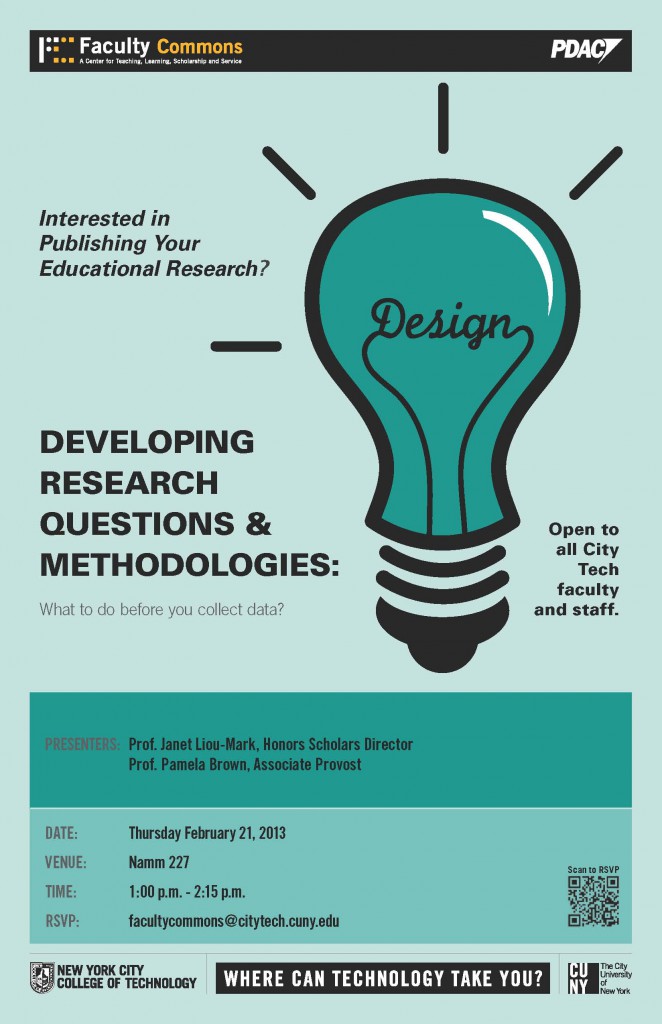On Friday, I attended a talk that was part of the CUNY Open Access event at the Graduate Center. Kristina Baumli from Temple University presented a project she’s involved in that provides faculty with a small stipend to ditch their textbooks in favor of materials openly available on the web, or through the college’s electronic library holdings. Also check out what the Chronicle had to say about this textbook-ditching project.
A number of us in the English Department have tried this kind of approach, with varying degrees of success. One big difference seems to be access to technology. All of Baumli’s students had access to the readings both inside and outside of class because she requires them to all have some kind of computer: a laptop, netbook, or tablet. The cost of these devices can be less than the cost of one course’s books, and can be used in all courses for the entire college career and beyond. When I used all electronic texts for my ENG 1101 courses, students often wouldn’t bring the materials to class. They didn’t have portable devices, or they didn’t have wireless access if they brought laptops, and they often couldn’t get to the printers in the computer labs on campus to even print the short readings. Some brought up the materials on their phones, but this didn’t allow for them to mark them up in a way that is productive in an English Composition class.
Difficulties aside, I love the idea of asking students to invest in resources that they can get a maximum benefit from–a netbook, let’s say, and free course readings rather than two textbooks, for example–but even more, I love the idea of building up from a series of readings to a framed textbook with students. Why not make the students contribute to the questions one might ask at the end of each reading? They can identify unfamiliar words or expressions, frame issues for class discussion, even participate in drafting essay questions for further exploration. The students’ writing, then, can be included as samples for future students to see exemplary work.
Baumli spoke convincingly about the collaborative effort from faculty. If one professor can create a couple of modules in a semester, perhaps, then think of the volume that could be created when several instructors teaching the same course each develop modules. It wasn’t clear to me how faculty at Temple would share these modules, but in addition to the variety of options available, we have a solution for that here at City Tech–the OpenLab. We could certainly create projects that would house resources for different courses: links to texts, or even full-text options where copyright permits, suggestions for questions, vocabulary, activities, assignments, rubrics, connections to other texts. This model seems very doable in my field, English. The biggest limitation I can see would be for texts that are not available electronically. What would it look like in other disciplines? What would the obstacles be for other fields?




